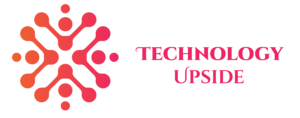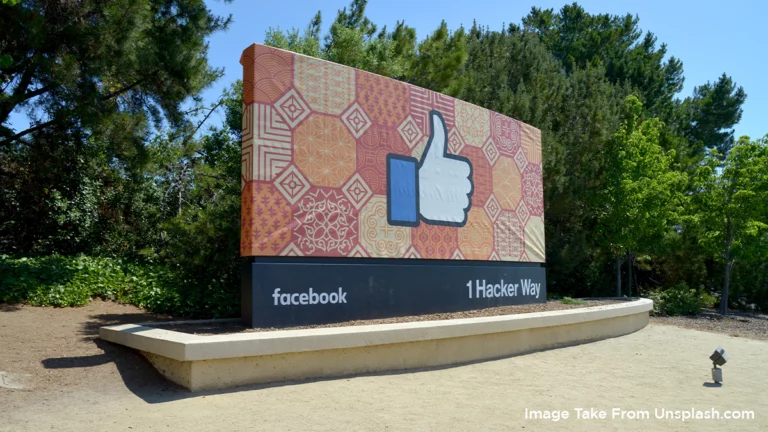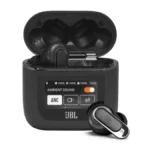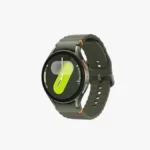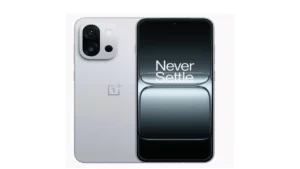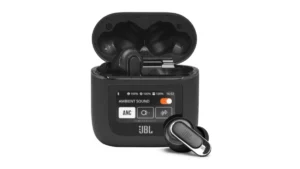The cross-check program on Facebook sign in and Instagram, excludes high-profile users from Facebook’s automatic moderation system. Facebook has modified it. The company responded to the Oversight Board’s recommendations in an updated blog post that was published on Friday. Facebook said it will change the criteria it uses to Facebook search and add people to the programme “to better account for human rights interests and equity.” And make the cross-check system “more transparent through regular reporting.”
“We will also change cross-check’s operational systems to help reduce the backlog of review requests and decrease the time it takes to review cases,” said the marketplace Facebook.
In December of that year, the Oversight Board, or the “independent body,” made a total of 32 recommendations on how Facebook could enhance its cross-check program. 11 of those recommendations have been completely adopted by Facebook, and 15 have only been slightly accepted.
“This will result in substantial changes to how we operate this system in response to the feedback we’ve received from the board and other stakeholders we’ve engaged with over several years,” said the social network.
What did the report say?
After a 2021 report, The Wall Street Journal disclosed that Facebook dating had been using it to protect politicians, celebs, and renowned sportsmen from its automated moderation system, Facebook and Instagram’s cross-check program came under criticism. The method, according to Facebook, enables the business to add “additional levels of human review” to high-profile personalities’ tweets to prevent unintentionally removing them. “Facebook declined the Board’s suggestion that deserving users be able to apply for the protections afforded by cross-check,” it tweeted.
The Oversight Board criticised the program. Because it “appears more directly structured to satisfy business concerns” as opposed to promoting Facebook’s “human rights commitments.” As it had previously been stated. In reaction, Facebook agreed to carry out recommendations. When material has cross-checked and “identified as possibly seriously violating,” it asked to take immediate action.” The Oversight Board found that the Facebook login the cross-check tool could lead to harmful material remaining online longer than it should. So it also made a commitment to decreasing it.
As part of the Board’s unique role, “we, and the public at large, gained knowledge about Facebook’s systems and policies. We plan to use that information to shape future recommendations and initiatives,” it added.
Although Facebook has made five suggestions, including the idea to “publicly mark” some of the figures. They get profit from the program. Facebook is still “assessing the feasibility” of a regulation that would let figures drop out of the cross-check program. Users will receive The recommendation from the Oversight Board. It might take longer for Facebook to respond to their reports of posts. It is from the participants in the cross-check initiative, and it also ignored. Users can find all of the ideas here, along with Facebook’s replies to each.
Conclusion:
While the Oversight Board terms the Facebook logo’s response a “landmark moment” in a thread on Twitter,. It doesn’t completely satisfy with the alterations Facebook willing to make. “Several aspects of Facebook touch response haven’t gone as far as we recommended to achieve a more transparent and equitable system,” the Oversight Board writes. “Facebook sign up declined the Board’s suggestion that deserving users be able to apply for the protections afforded by cross-check… We will continue to react to Facebook’s specific responses in the days and weeks to come.”
To get more updates, click here.
